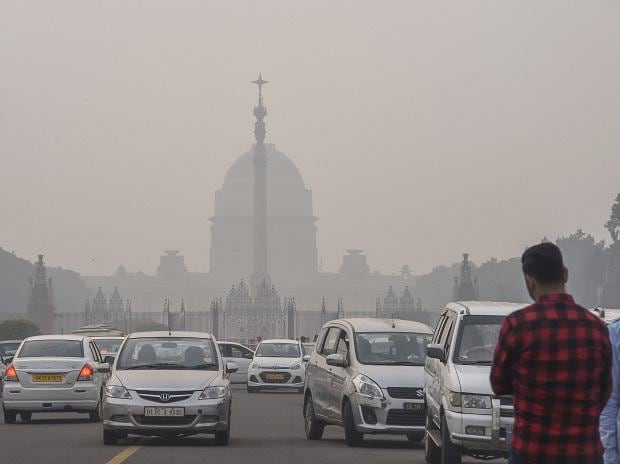India's losses from air pollution increased more than four times to $560 billion between 1990 and 2013, according to the World Bank.
Flight
disruptions, fewer tourists, lost work hours and missed school days
have come to portray India’s struggles with toxic
air quality in its capital city, and the intangible costs may be
adding up for an economy grappling with a sharp slowdown.
India’s
losses from air pollution increased more than four times to $560
billion between 1990 and 2013, according to the World Bank, which
attributed the economic burden to the rising costs of public
health-care and workforce disruption. Pollution is now being counted
among the hidden costs like repelling top corporate talent, according
to analysts and industry lobby groups.
“This
feeds into the broader economic environment,” said Hemant
Shivakumar, a New Delhi-based senior analyst at Control Risks that
advises clients on political and security risks. “If the air
pollution escalates year after year and there’s no response then
it’s likely to send investors a different message.”
Prime
Minister Narendra Modi’s government deployed 300 field teams to
curb pollution after it reached record levels earlier this month, as
winds carried smoke from farm stubble burning in areas around New
Delhi. Despite the measures and the state government imposing
restrictions on use of private vehicles, pollution levels remain a
cause for concern in the capital city of what was until recently the
world’s fastest-growing major economy.
New
Delhi’s
air quality index, or AQI, improved to ‘poor’ on Monday from
‘severe’ last week. A reading above 400 is classified as severe
and “affects healthy people and seriously impacts those with
existing diseases,“ according to the Environment Ministry.
“It
affects us all,” Frank Hans Dannenberg Castellanos, the ambassador
of the Dominican Republic to India and the dean of the Diplomatic
Corps, was cited as saying by the Press Trust of India. “This is a
problem of major proportions to be solved” by the city and the
federal government.

No comments:
Post a Comment